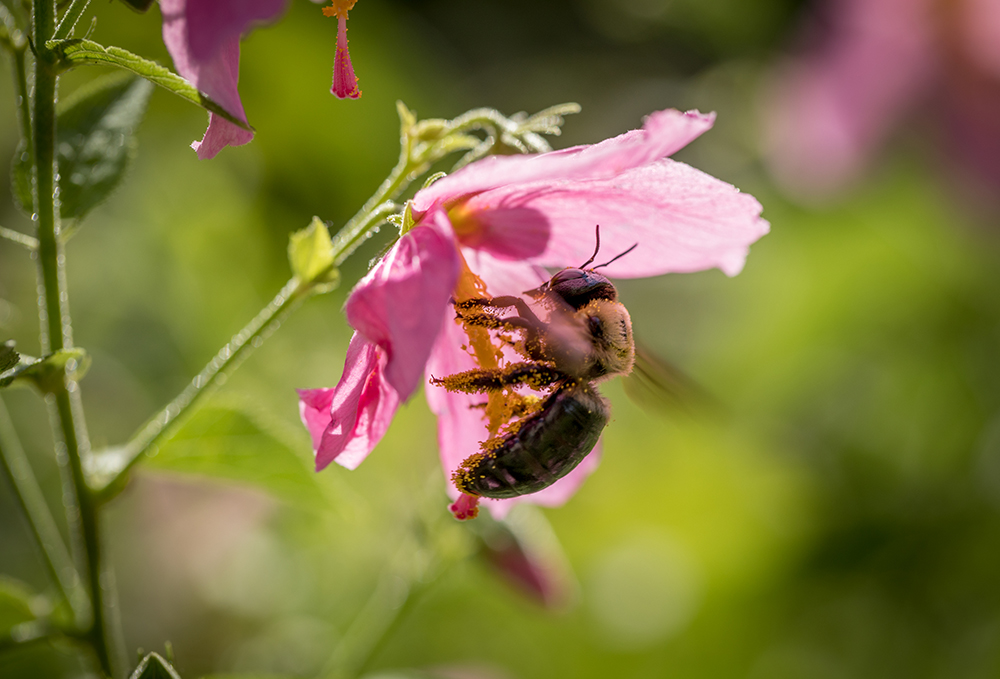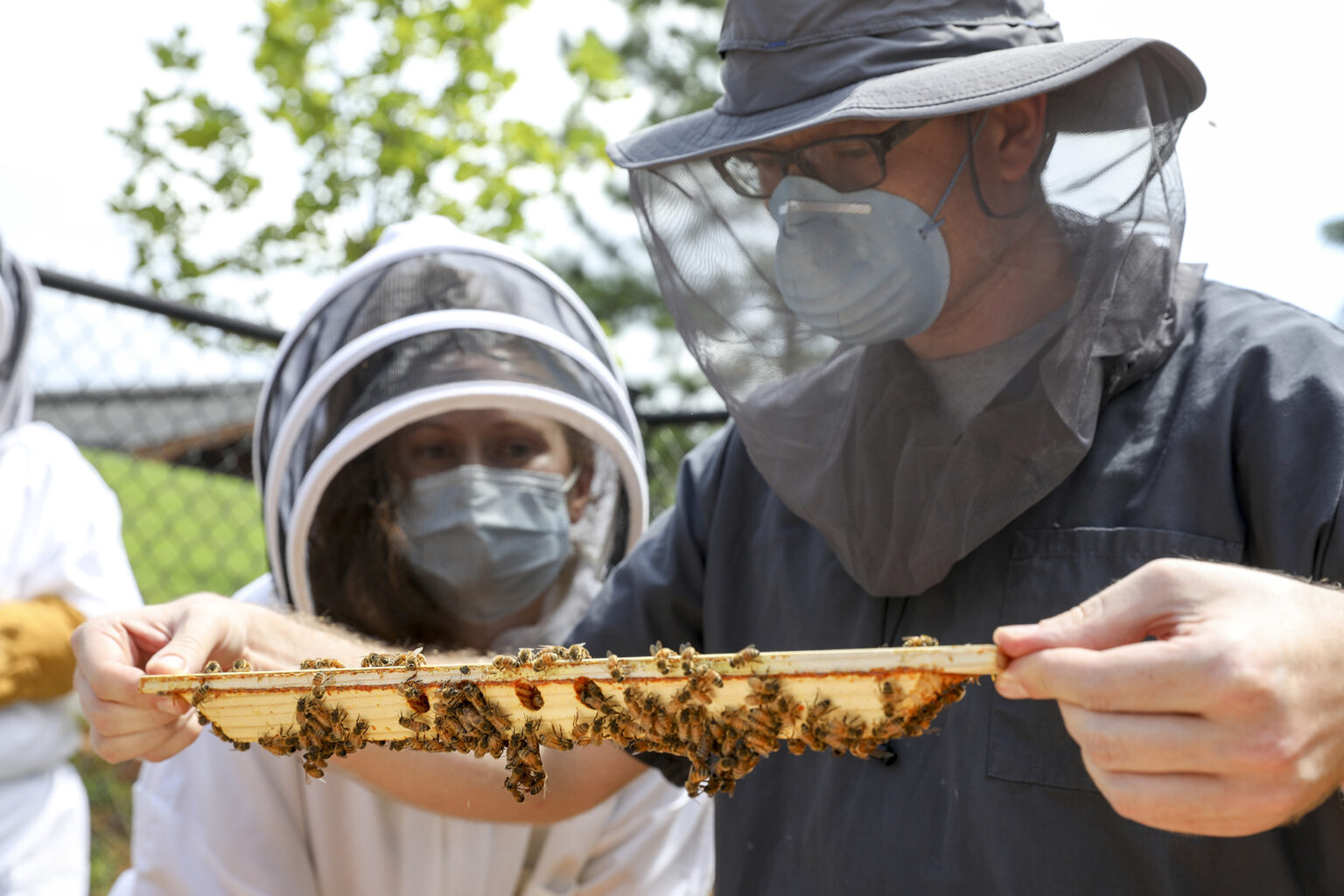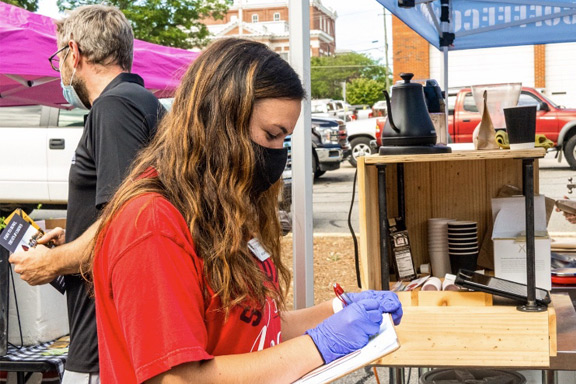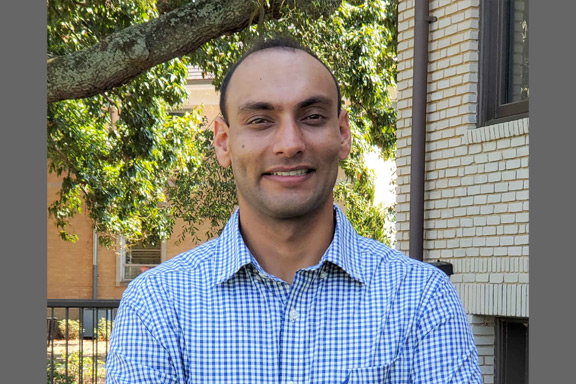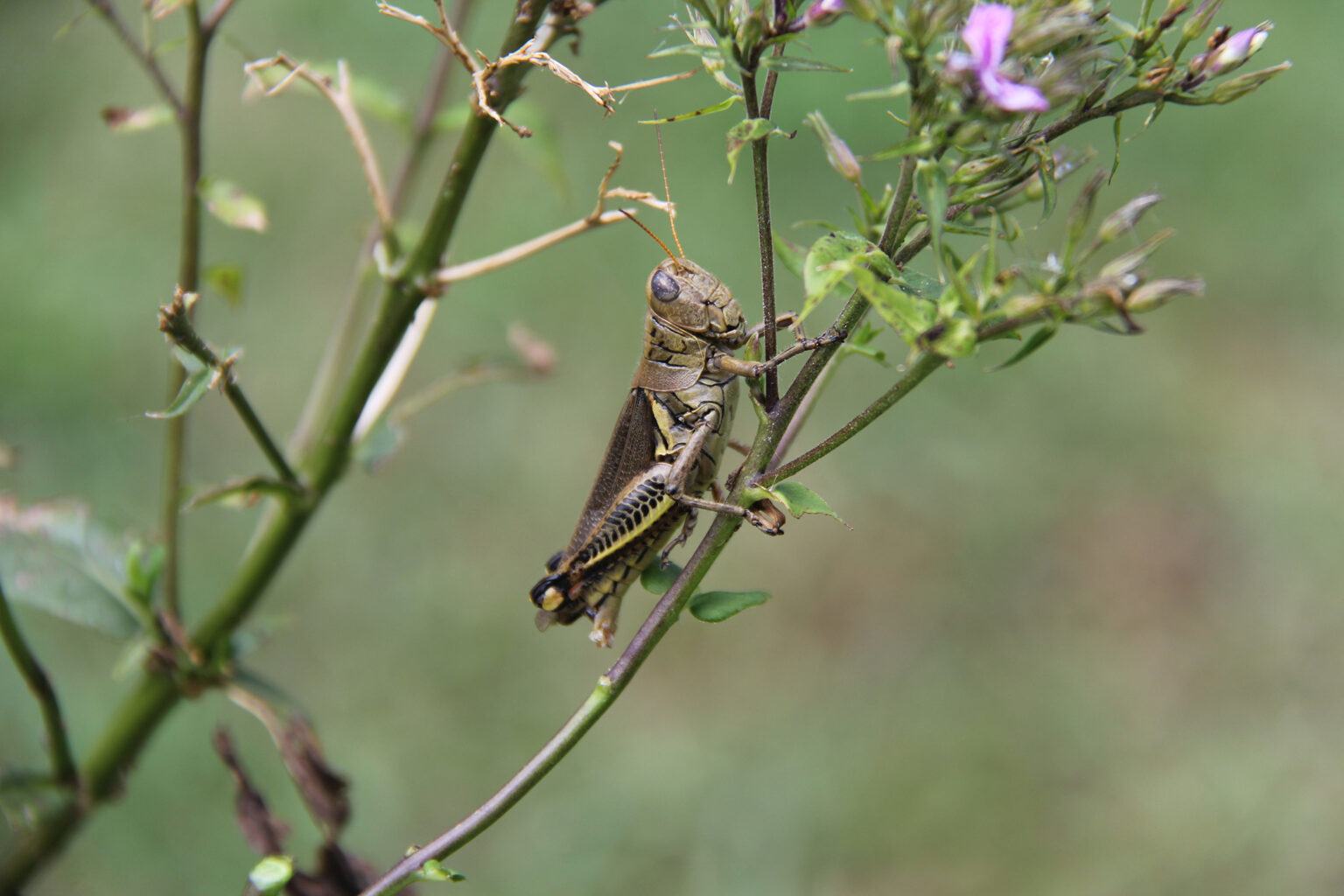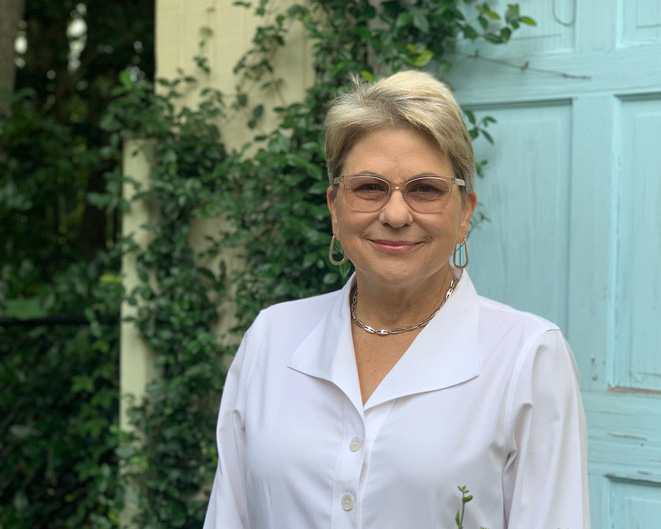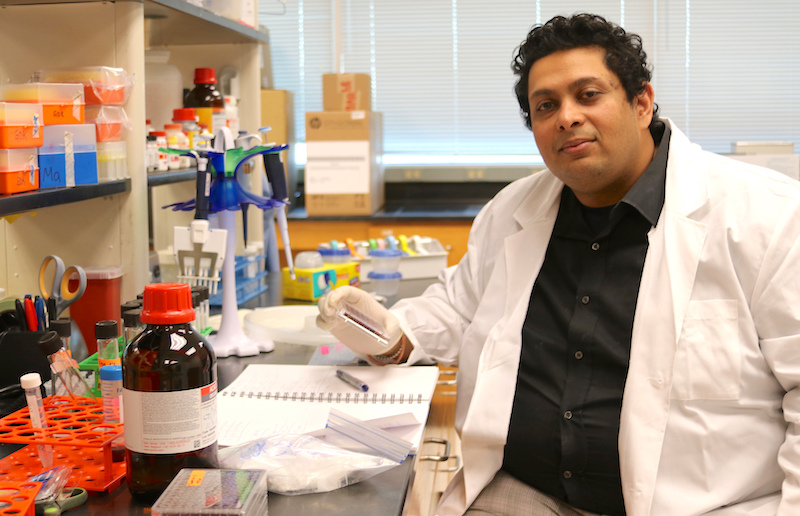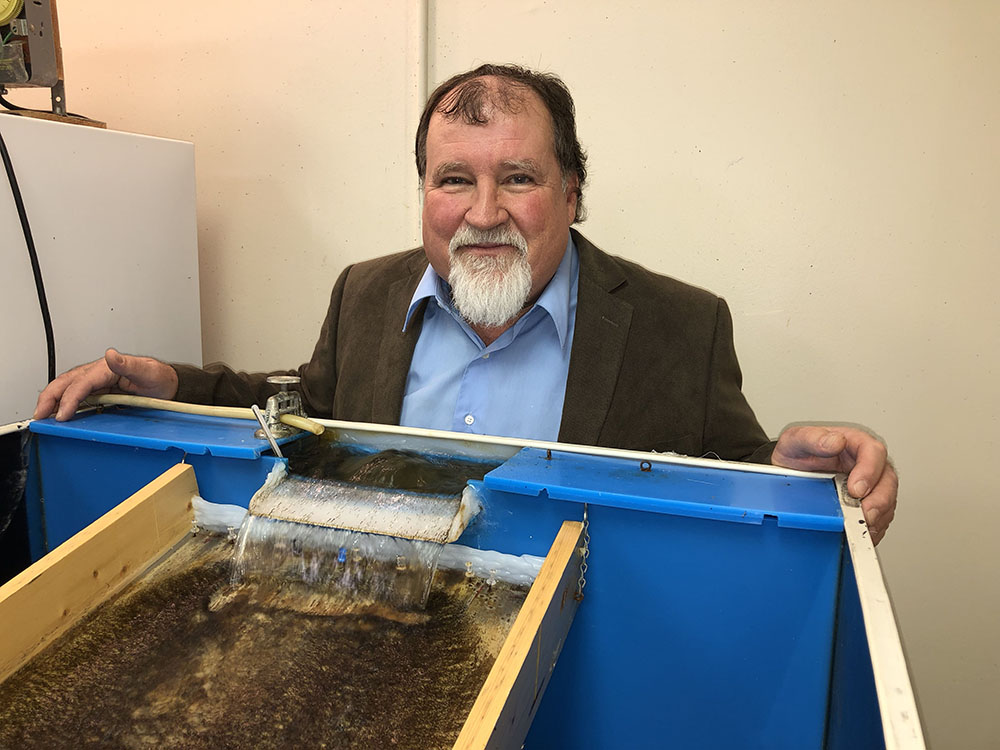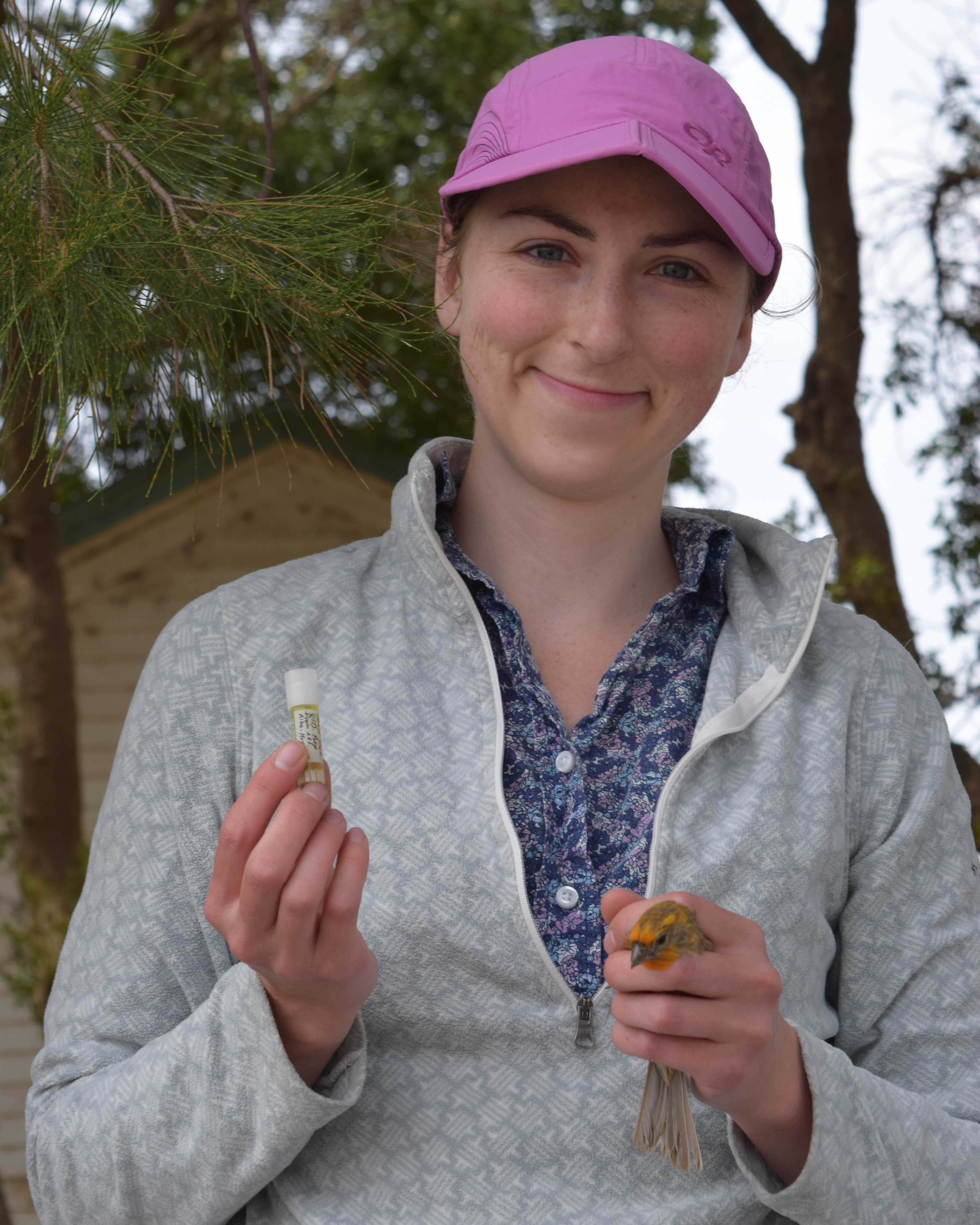 CAES News
CAES News
UGA entomology fellow Olivia Smith
Following the onset of several major outbreaks of foodborne pathogens traced back to wildlife, buyers of farm-fresh produce began encouraging the removal of natural habitats and nesting areas on farms to discourage wildlife intrusion.

